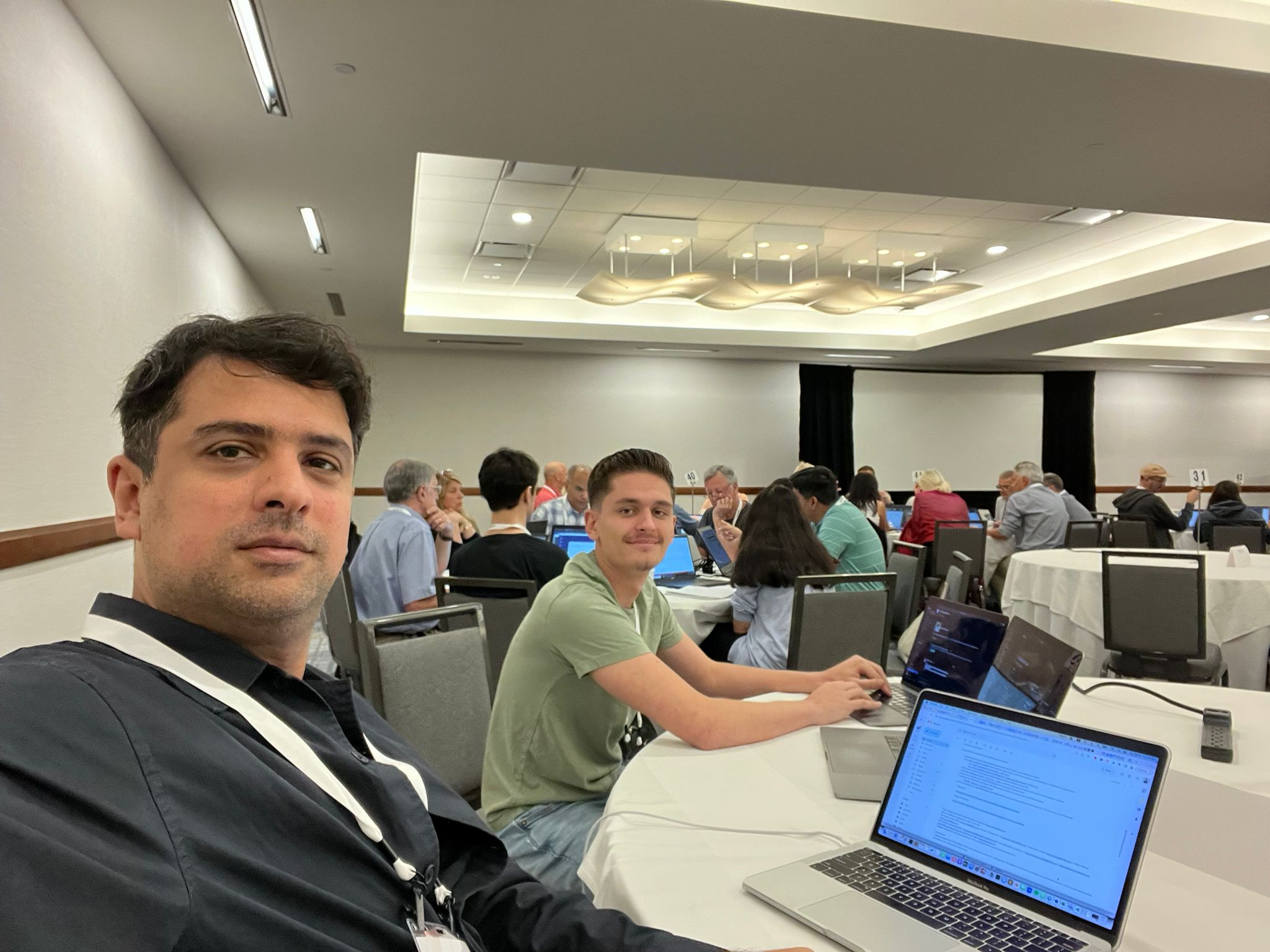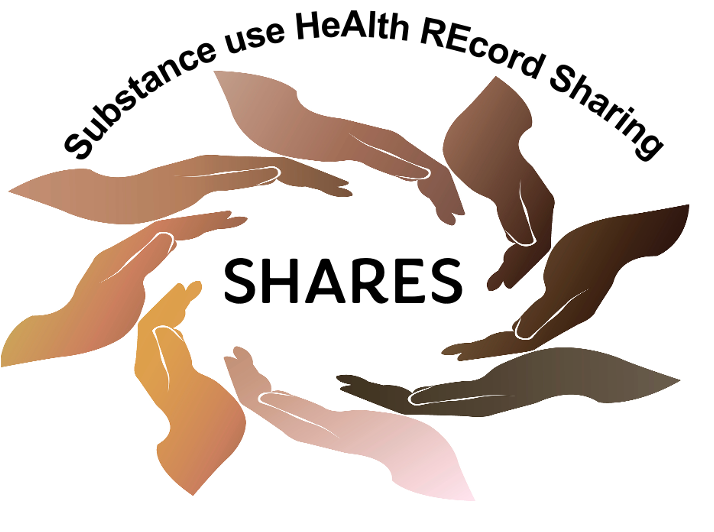
As a Biomedical Informatics Master student, my journey in clinical informatics has been both informative and challenging. I am currently focused on the Substance use HeAlth REcord Sharing (SHARES) project with an aim to demonstrate the feasibility and accuracy of automated SUD data segmentation. This would involve a clinical decision support (CDS) aimed at automating the patient consent process. This ambition led me to the HL7 FHIR Connectathon, an event that took place between September 9th and September 10th.
At the Connectathon, Dr. Jafari and I dedicated ourselves to the Consent and DS4P track. This track involves FHIR Consent Decision and Enforcement services particularly for granular Consent decisions that involve Data Segmentation for Privacy (DS4P) and the use of security labels. This task demanded intricate work with the ONCLeap engine. LEAP Consent Decision Service (LEAP-CDS) enables clients to query about the patient consents applicable to a particular workflow or exchange context. Our primary focus revolved around debugging the CDS hook that healthcare providers would use. Through rigorous testing and collaboration, we achieved significant progress. We utilized synthetic patients generated by Synthea, along with consent documents we developed, hosted on an R4 FHIR server. To our satisfaction, the ONCLeap Engine was able to identify the patient’s consent, relayed the consent details, and redacted the patient’s data,.
The next couple days were filled with many learning opportunities, facilitated by Dr. Lee. I attended a series of lectures that taught different aspects of FHIR and HL7. The “HL7 Orientation” provided a foundational understanding. While the AI in Healthcare offered insights into the increase role of artificial intelligence in everyday tasks and healthcare such as ChatGPT. Moreover, the session on “HL7 FHIR Using SMART & CDS Hooks” was particularly helpful, given its direct relevance to the SHARES research.
The next day, I attended the “How to Get HL7 Certified” lecture, which provided how to get FHIR certified. This was followed by “How to Ask for Stuff in FHIR” and “HL7 FHIR by Trial”, both of which helped expand my knowlege and understanding of FHIR.
Overall, the HL7 FHIR Connectathon and the subsequent Working Group Meetings were beneficial to both my academic and professional success. Not only did they facilitate practical advancements in the SHARES project, but they also equipped me with a profound understanding of FHIR. This knowledge will be valuable in the future and I am eager to apply it to my ongoing research at SHARES.
-Daniel Mendoza, BS
Biomedical Informatics Master Student
Arizona State University, College of Health Solutions
